Summary
- Final Fantasy characters deliver impactful final lines, from villain redemptions to heroic farewells.
- Kuja in FF9 admits faults in defeat, contrasting his power-hungry nature with acknowledgment.
- The Final Fantasy series features emotional farewells, with Tidus embracing mortality and Ward’s silent farewell.
While Square Enix’s Final Fantasy series has become industry-renowned for some of the most captivating narratives of the medium, it arguably remains that some of its dialogue can come across as pulpy at best. However, with a history spanning multiple decades, the Final Fantasy franchise has shown a tendency to bestow some of its characters with some seemingly momentous final lines of dialogue.
Related
Final Fantasy: 8 Best Friendships In The Games, Ranked
Many Final Fantasy characters form strong friendships throughout their adventures, but the bonds shared between these individuals are among the best.
From series-defining villains casting no doubt as to their evil plans with monologue-heavy final moments to heroes accepting their fate with bittersweet reflection, the Final Fantasy series has often allowed their characters the luxury of a notable exit from the franchise.
Spoiler Warning: The following entries will delve into some major narrative spoilers.
8
Kuja (Final Fantasy 9)
The Central Villain Sees The Error Of His Way As He Is Put To Rest
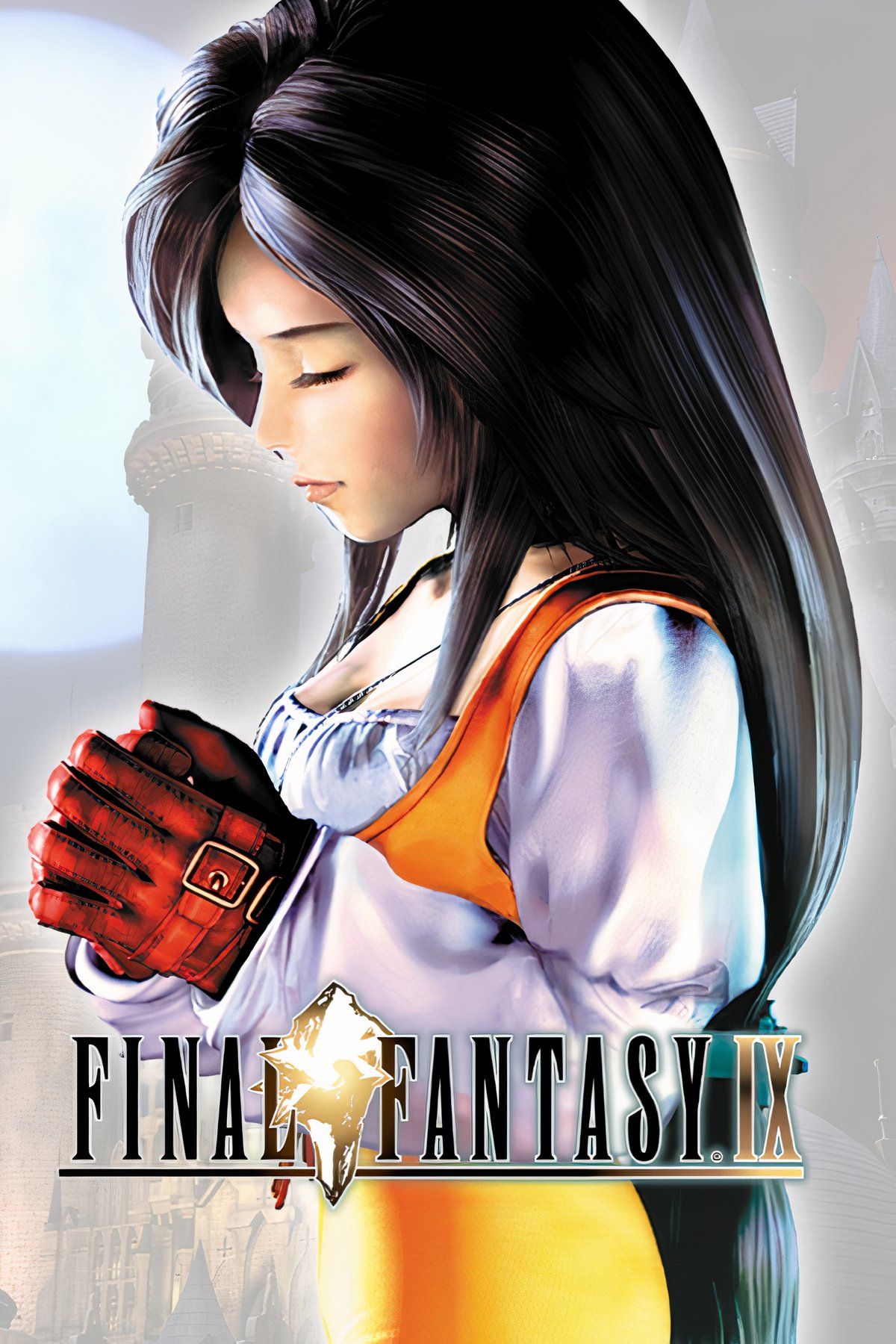
- Released
-
July 7, 2000
- OpenCritic Rating
-
Strong
“After you guys beat me, I had nothing left… nothing more to lose. Then, I finally realized what it means to live… I guess I was too late.”
Despite his place as Final Fantasy 9‘s central antagonist, with great ambitions to control the 2000 role-playing game’s world of Gaia, Kuja’s position is ultimately reversed within his final moments at the game’s narrative climax. Upon his defeat by the player, as he lies dying at the feet of the game’s protagonist, Zidaine, his power-hungry insanity seemingly dissipates as he acknowledges his fragility and the foolhardiness of his plans of domination.
What results is an arguably anticlimactic conclusion to the game’s dark conflict, as Kuja pivots to a seeming antihero with the acknowledgment that his powers of sorcery and manipulation were for nothing. As such, his dying words not only impact the player but also resolve a character arc that — on a second playthrough — weaves itself through the game’s themes and central conflict.
7
Tella (Final Fantasy 4)
An Act Of Self-Sacrifice Is Compounded By A Plea For Redemption
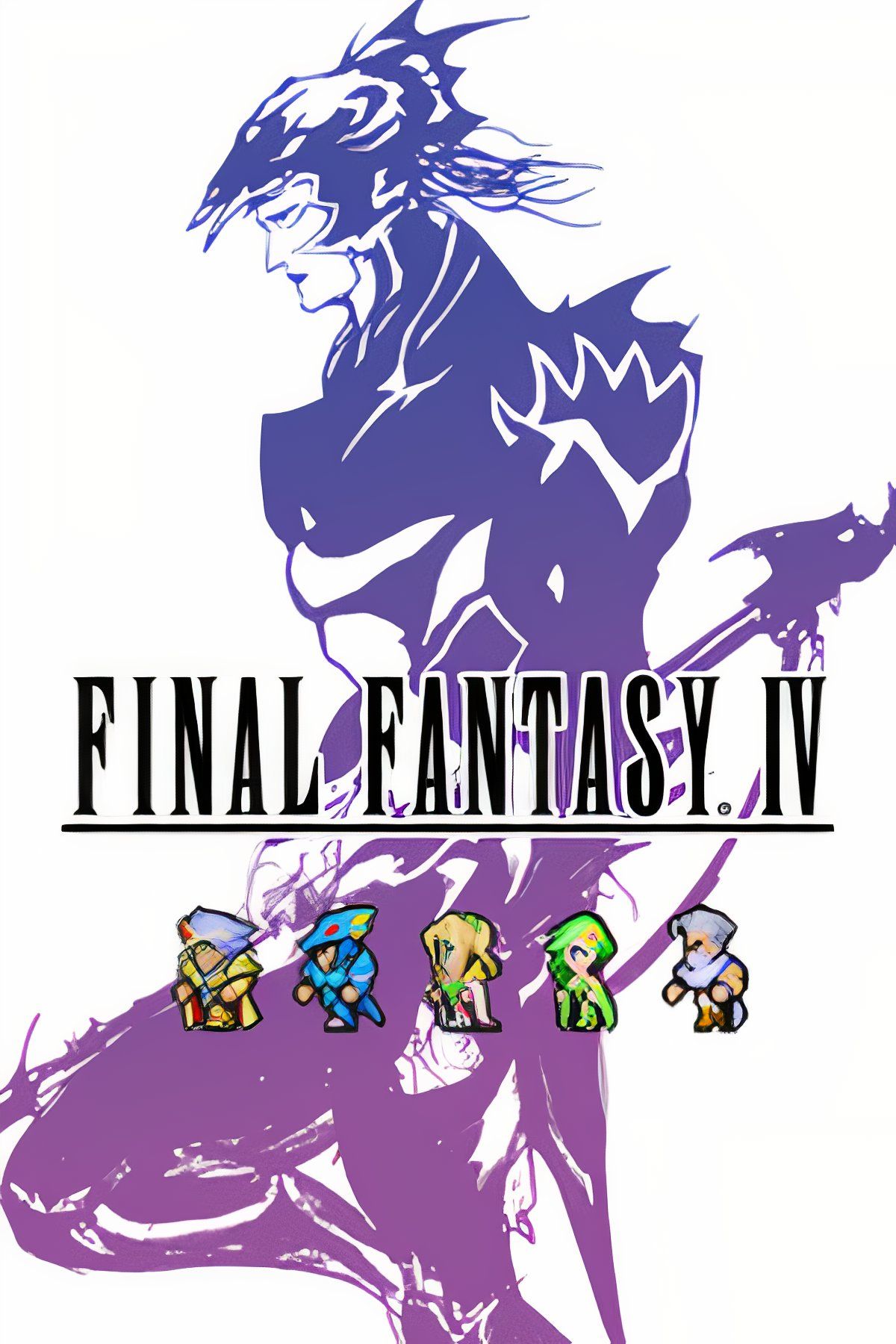
- Released
-
July 19, 1991
- Developer(s)
-
Square
- Publisher(s)
-
Square
- OpenCritic Rating
-
Mighty
“I brought this on…myself. Letting hate consume me so. Please…avenge…Anna.”
Considering 1991’s Final Fantasy 4 is seemingly often revered as one of the series’ best-looking and hardest-hitting entries of the decade-spanning JRPG series, it’s arguably no surprise that the last moments of one of the party’s most unique characters continues this pedigree. After the elderly mage Tellah commits to casting Meteor on the crystal-hungry evil mage Golbez, despite the risk it poses to his frail mortality, to save his companions, he is left hoping that his sacrifice was not in vain.
In defeating Golbez and redeeming himself in his mind for the death of his daughter Anna, Tellah fulfills his personal goal of retribution and speeds his younger party members to see the game’s conclusion. As such, with the self-sacrifice and grief-induced determination of the elderly mage’s actions, his final words of fulfillment and peace are meaningful not only to the party but to the player.
6
Remedi (Final Fantasy Tactics Advance)
The Transformative Antagonist Is Ultimately Revealed
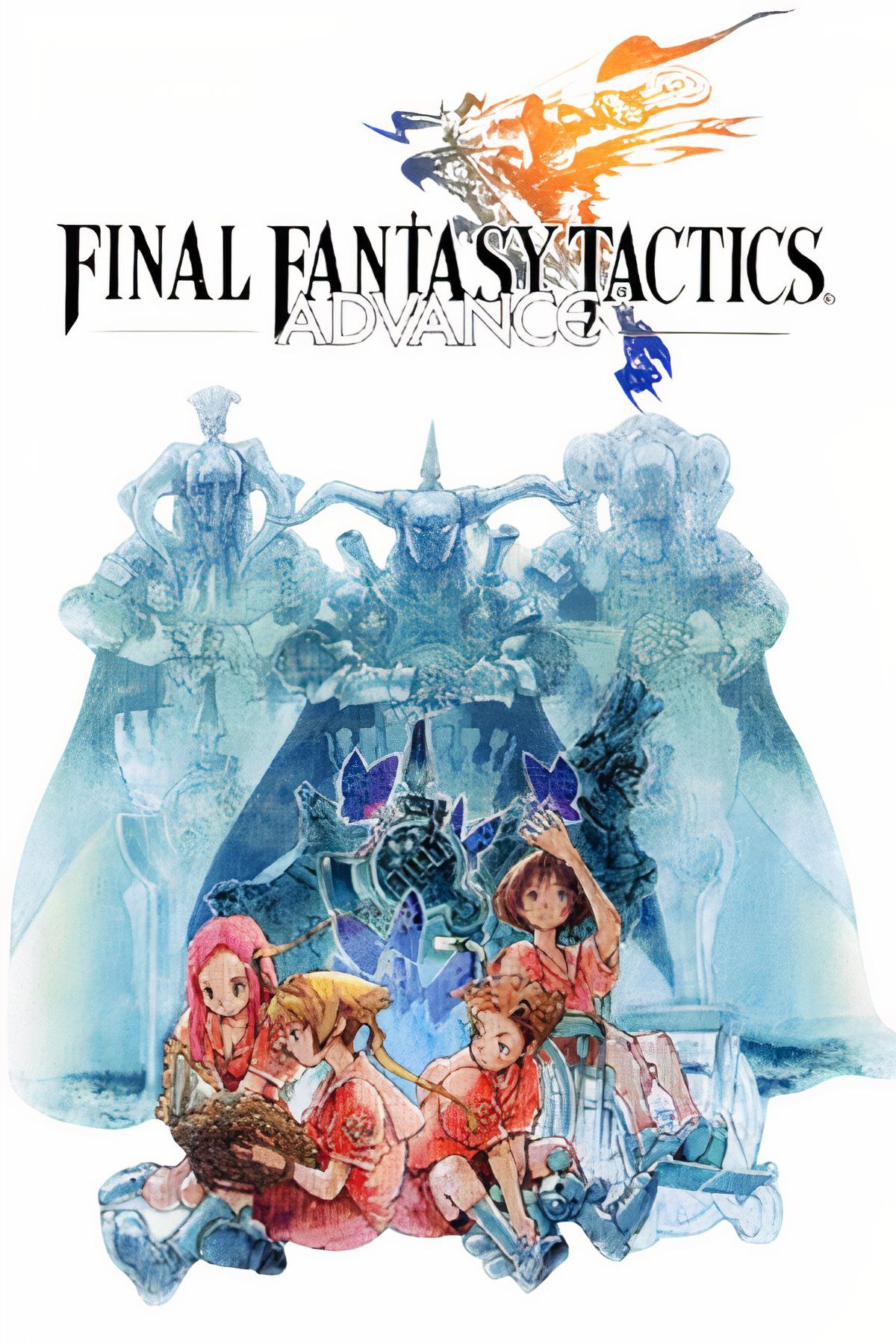
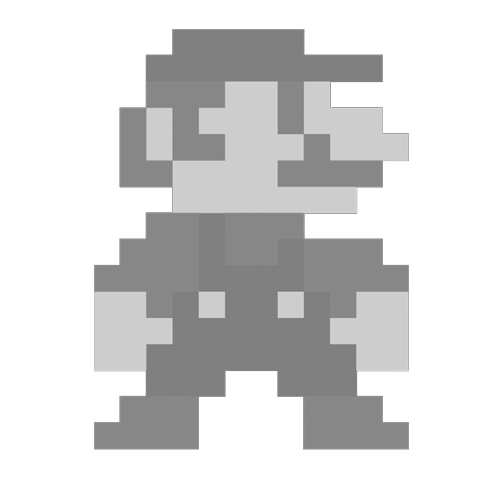
- Released
-
September 8, 2003
- Developer(s)
-
Square Product Development Division 4
- Publisher(s)
-
Square, Nintendo
“I am the wish-gatherer. I am the world-maker. Desire is the thread that binds the worlds together.”
With her role as Final Fantasy Tactics Advance’s central antagonist, Remedi — the Queen of Ivalice — is core to the 2003 spin-off installment’s position as “one of the best handheld strategy games of all time.” As a result, her transformative and climactic confrontation with the game’s protagonist and party not only acts as the game’s culminating combat scenario but also the narrative peak of Final Fantasy Tactics Advance’s 45-hour-long strategic campaign.
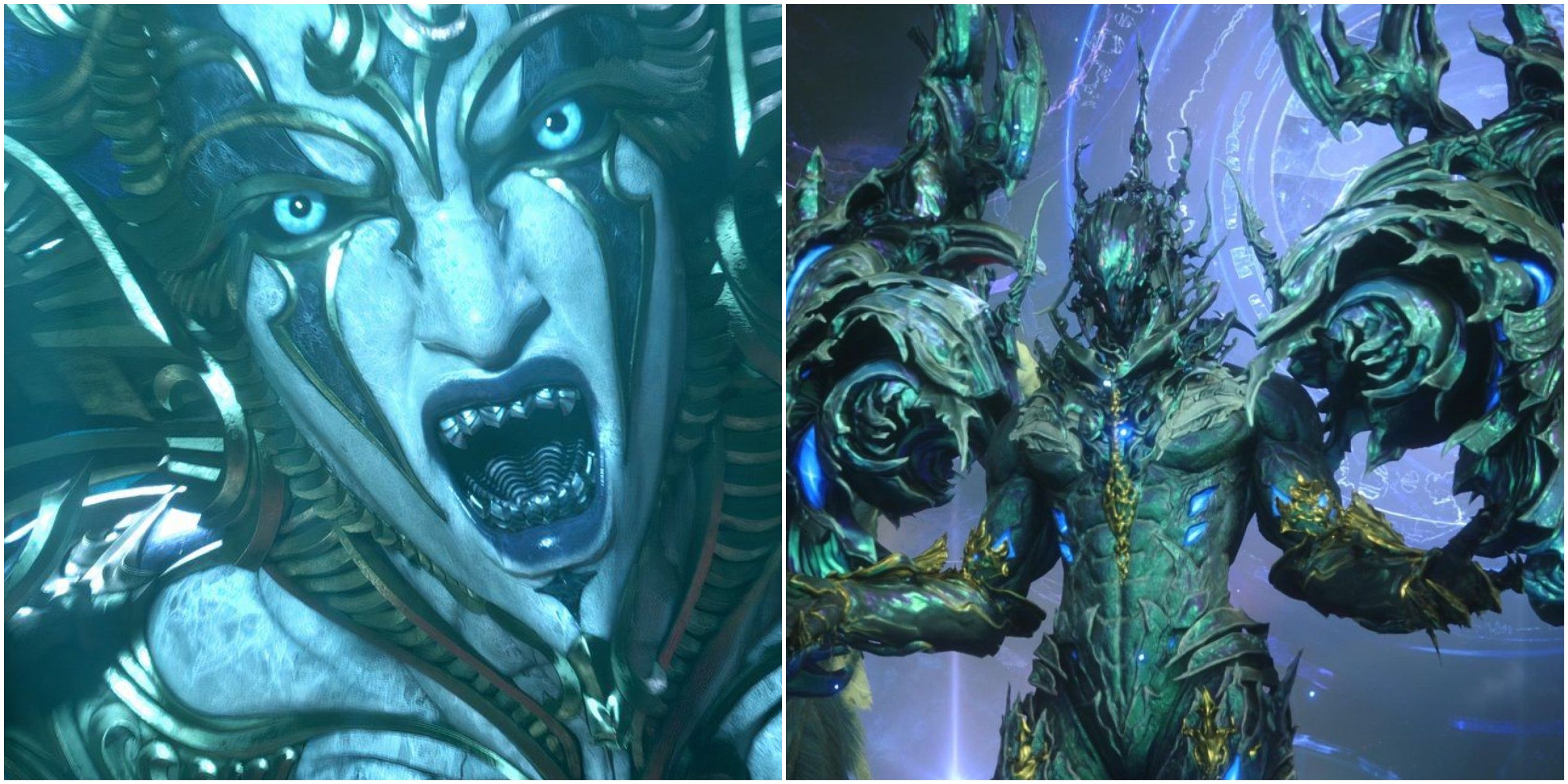
Related
8 Strongest Gods In Final Fantasy Games, Ranked
There are several powerful gods in the Final Fantasy series, but which one is the strongest?
Existing within the dream world of Ivalice, Remedi’s ethereal being is merely a conduit for Li-Grim, and upon her defeat, the ‘wish gatherer’ and ‘world maker’ of Final Fantasy Tactics Advance is revealed. Compounded by her mortal frailty and ultimate defeat by the player’s party, Remedi’s final proclamations of her magical power are a fitting climax to the game’s grand handheld adventure.
5
Tidus (Final Fantasy 10)
A Tender Final Moment As The Hero’s Mortality Is Laid Bare
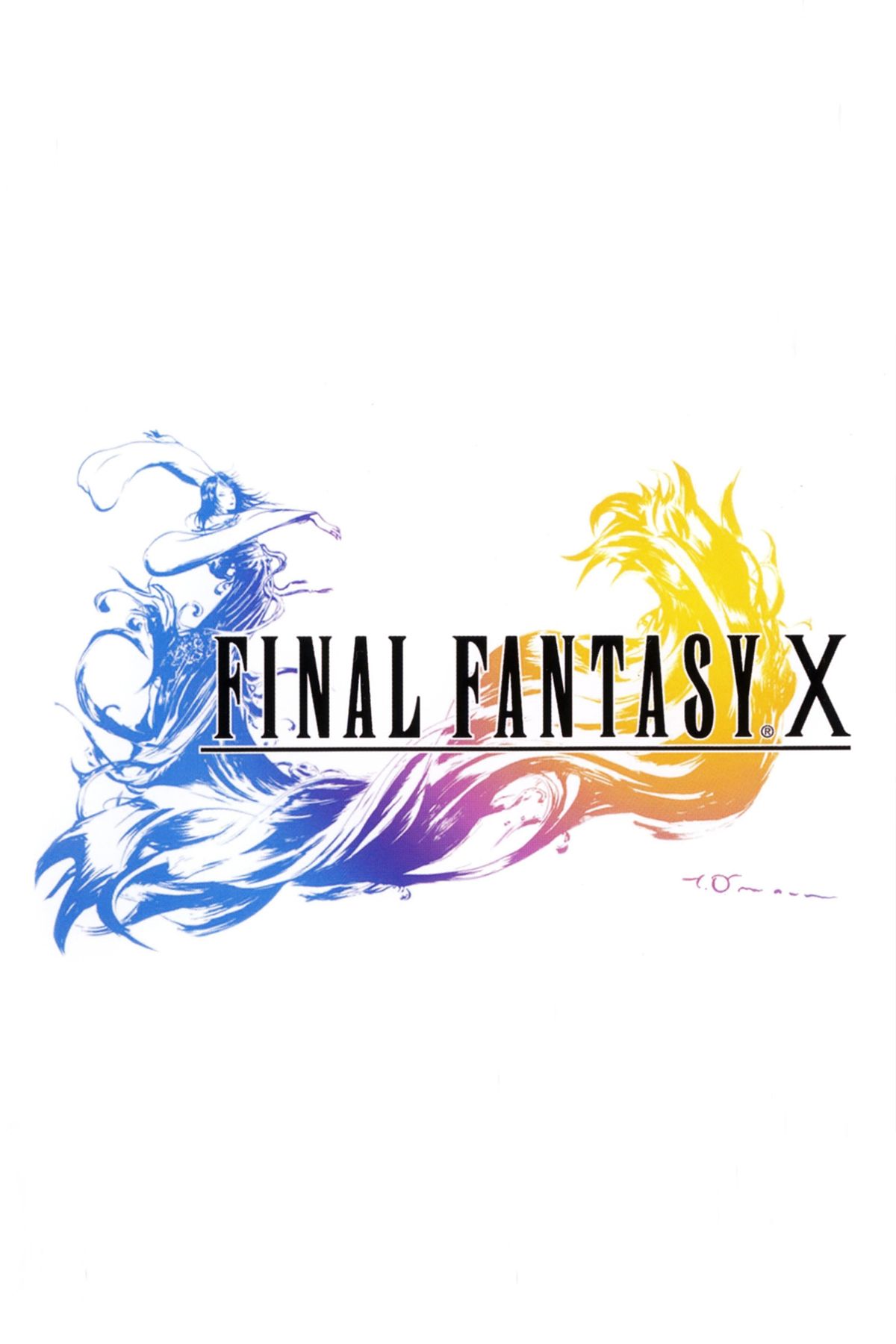

- Released
-
December 17, 2001
- OpenCritic Rating
-
Strong
“Yuna, I have to go. I’m sorry I couldn’t show you Zanarkand. Goodbye!”
Considering the overwhelming strength and plot-relevance of the Final Fantasy series’ anthological protagonists, it comes as no surprise that most of the franchise’s heroes are alive and kicking after their respective installments. However, in flipping this customary indefatigability, 2001’s Final Fantasy 10‘s Tidus’ final moments are spent in quiet reflection at the game’s narrative conclusion.
After developing and proving the worth of not only his abilities but his blossoming relationship with Yuna, Tidus’ role within the cyclical conflict of Sin and his ultimate fate is revealed. In one of the Final Fantasy series’ most notable final moments, Tidus not only embraces his mortality but bids a final farewell to his companions — ultimately apologizing for the limited time he was able to spend with them all and the promises he is unable to fulfill.
4
Bahamut (Final Fantasy 15: The Dawn Of The Future)
A Heroic Savior Turned Alt-History Villain In A Tie-In Novelization
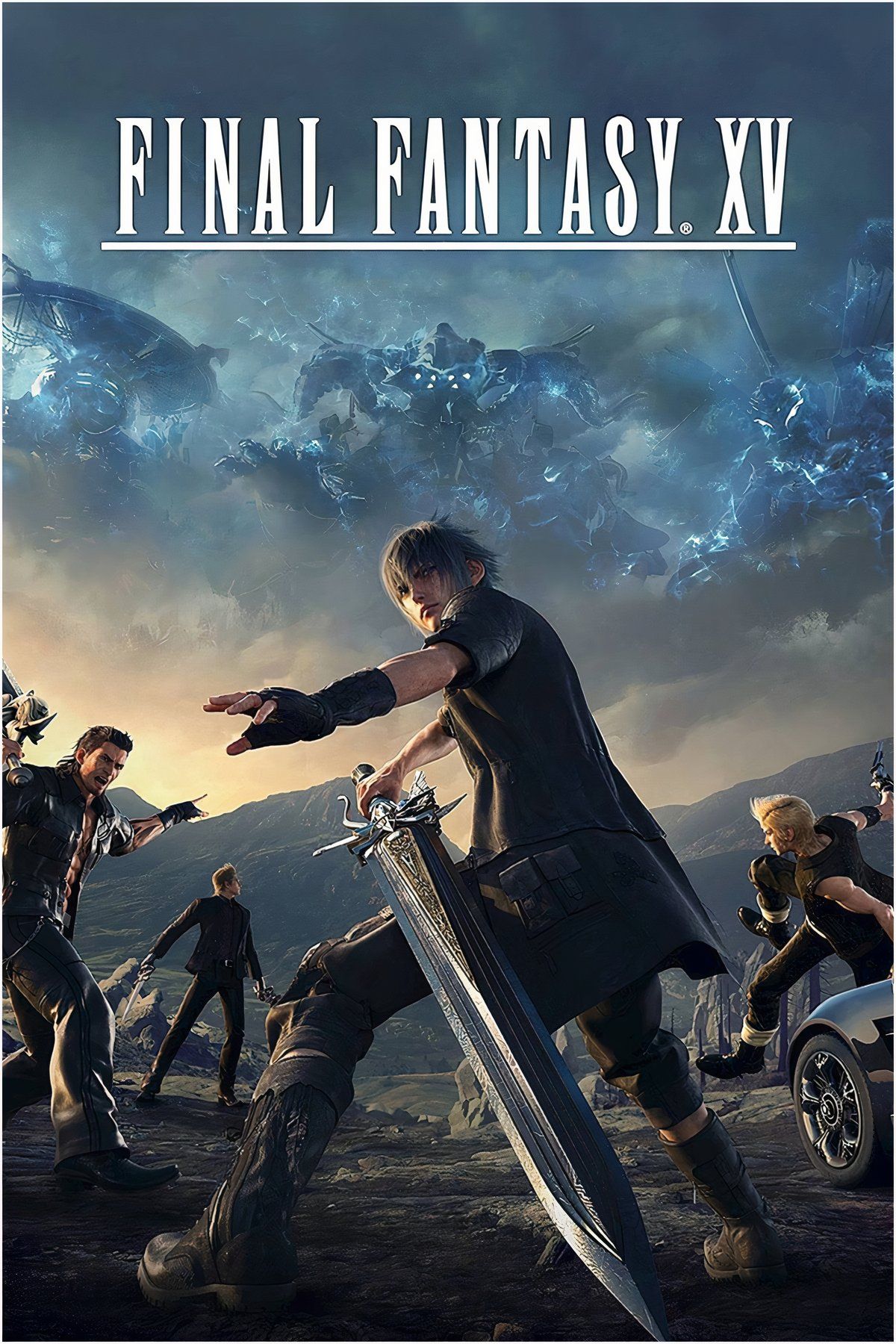
- Released
-
November 9, 2016
- OpenCritic Rating
-
Strong
“Though guided by the Light, they war among themselves and defile the Star. How could mortals hope to survive alone in a godless world?”
Despite his position as the god of war and a core figure within the multifaceted narrative of Final Fantasy 15 and its related media, Bahamut remains one of the 2016 Action JRPG’s most recognizable entities. As a result, while his ethereal position in Final Fantasy 15 is ultimately bolstered by the game’s protagonist Noctis, in the game’s final moments, the alternative-history companion novel by Emi Nagashima portrays his defeat.
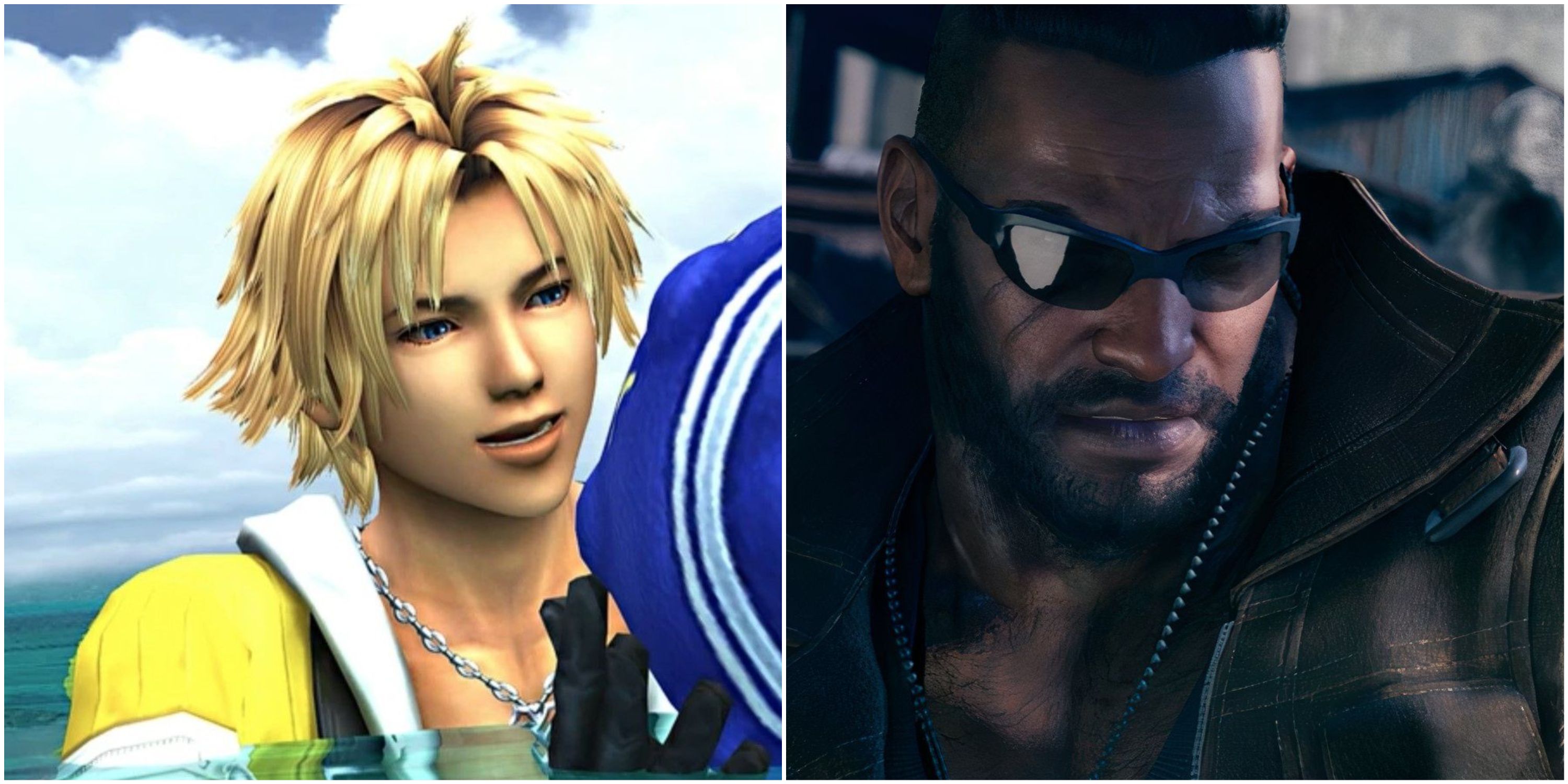
Related
8 Biggest Hypocrites In Final Fantasy, Ranked
The following Final Fantasy characters are known to contradict themselves.
2019’s Final Fantasy XV: The Dawn of the Future reframes Bahamut’s omnipotent power directed towards the defeat of the Scourge as Eos’ ultimate antagonist. As a result, Bahamut’s godly omniscience and role as a greater power are reinterpreted through the lens of Final Fantasy 15‘s greatest villain — meaning that his flowery monologuing regarding the mortality of humanity and his role as Eos’ savior is more similar to a tyrannical deity than a heroic creature.
3
Kefka (Final Fantasy 6)
One Of Video Gaming’s Most Recognizable Bad Guys Spouts A Cruel Monologue
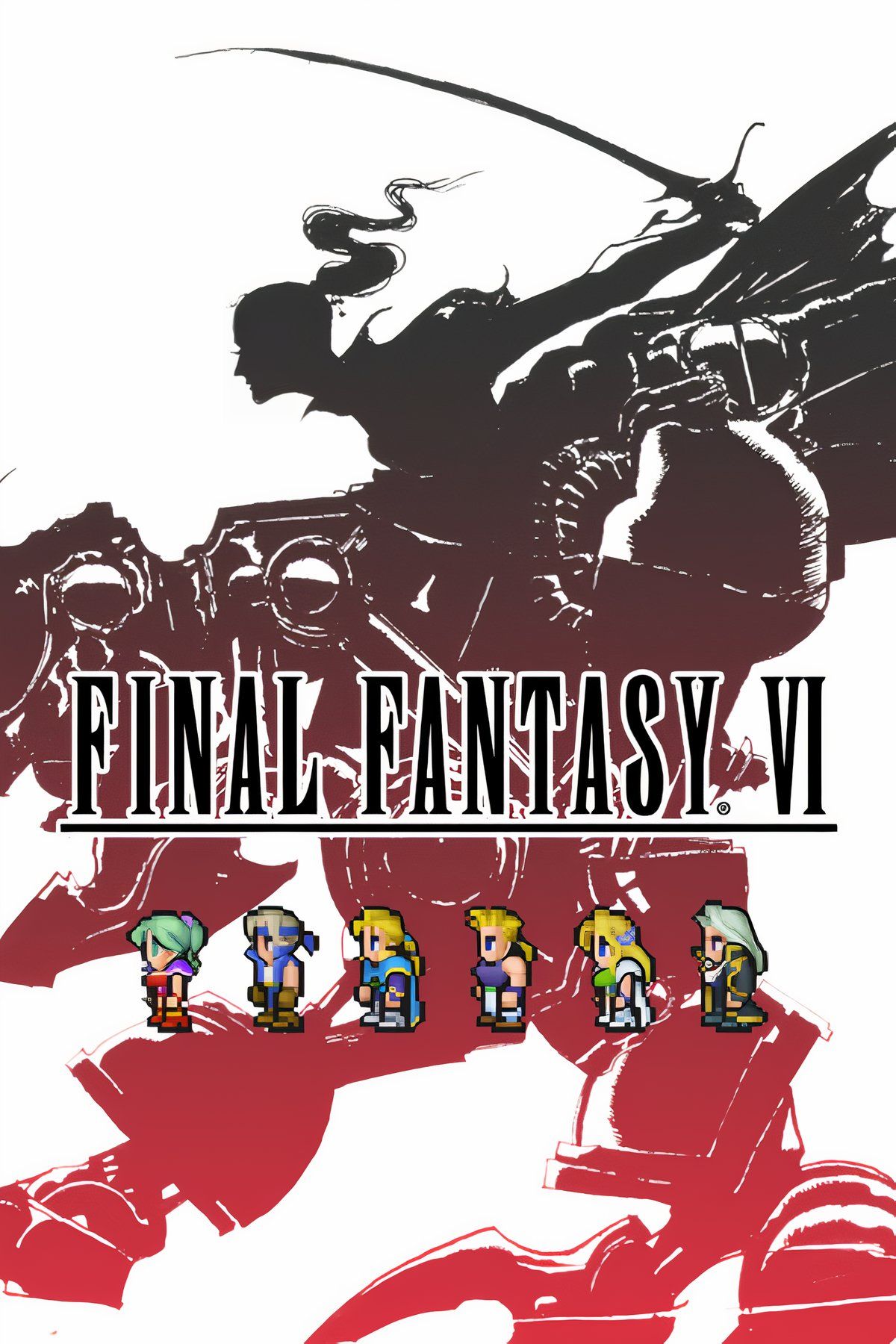
- Released
-
October 11, 1994
- Developer(s)
-
Square Enix, Square
- Publisher(s)
-
Square Enix, Square
- OpenCritic Rating
-
Mighty
“I’ll destroy everything! I’ll create my own empire…of death! […] but what fun is destruction if no ‘precious’ lives are lost?”
With the status of Final Fantasy 6‘s Kefka as “the greatest mad villain Final Fantasy has ever concocted,” and the tendency for antagonists across art to seemingly spout some of the most hard-hitting dialogue of any character, Kefka’s final words before his defeat are arguably some of video gaming’s most revered. Standing before the player’s party as a god-like being and wielding the Light of Judgement against the world of Final Fantasy 6, Kefka’s madness-riddled victory is accompanied by a plethora of gloating and arrogance fitting for a demigod.
Proclaiming his position as the god of his newly-formed ‘kingdom of death’ while basking in the pain and suffering he inflicts, Kefka’s final moments before the party initiates the battle that will ultimately defeat him are some of the series’ — and the video game industry’s — most influential.
2
Chaos (Final Fantasy)
The Series’ First Villain Who Formed An Innovative Time Loop
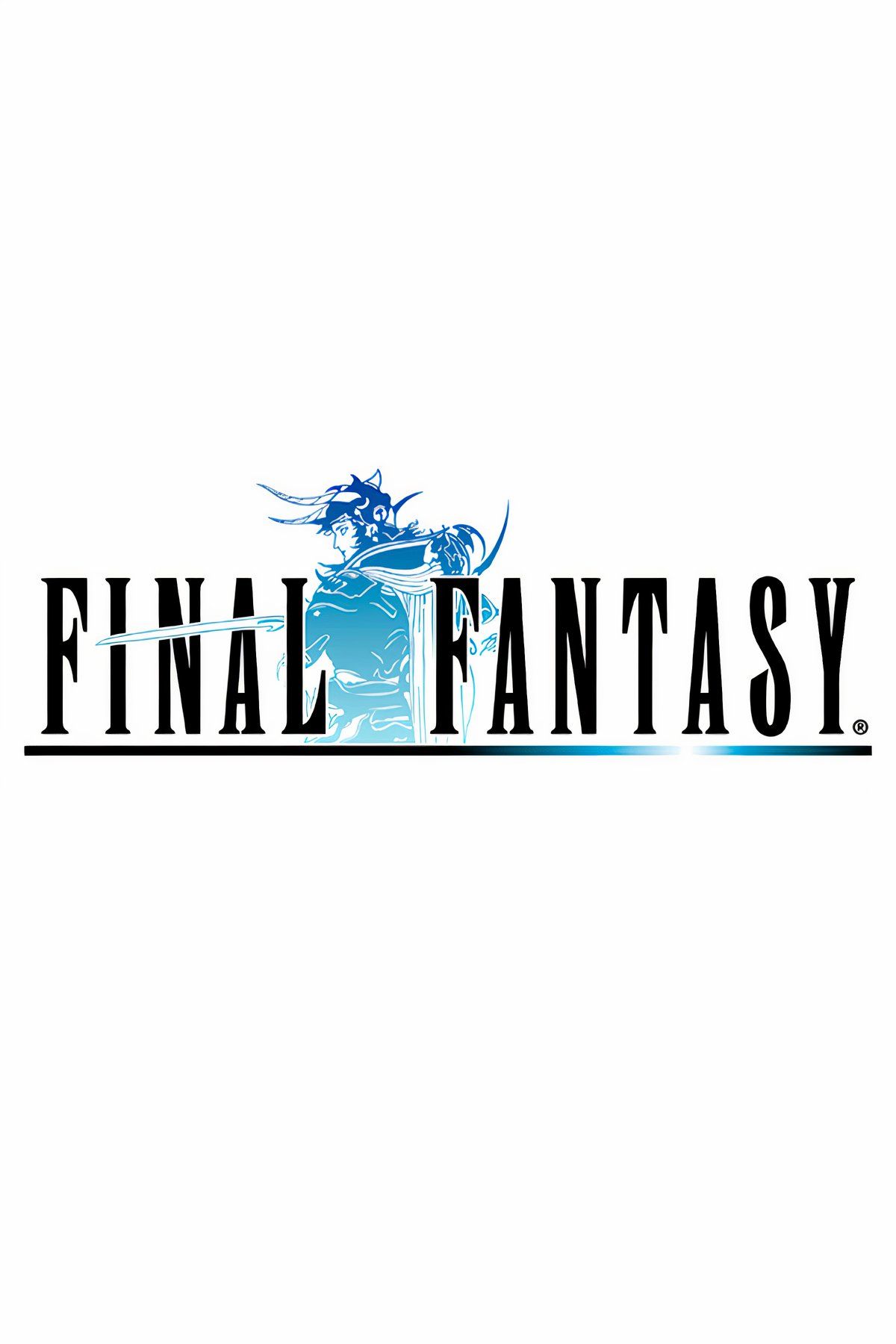
- Released
-
December 18, 1987
- Developer(s)
-
Square
- Publisher(s)
-
Square
- OpenCritic Rating
-
Strong
“After 2,000 years I will be forgotten, and the Time Loop will close. I will live forever, and you shall meet doom!”
Despite its age, 1987’s Final Fantasy not only introduced the video game industry to one of its most recognizable properties but “paved the way for a series that never rested on its laurels.” This was not only a result of tight world-building and expansive scope, but also a time-weaving antagonist that seemingly remains one of the series’ most influential villains. The once-revered Cornelian warrior Garland, who ultimately soaked up the power of the Four Fiends and transformed into the beast-god Chaos, is menacing not only in his scale but also in his ability to create a time loop that uniquely tests the player’s party and the world of Final Fantasy.
With the time loop closed and Chaos faced with the possibility of his mortality, he proclaims that he will not be defeated and strives to defeat the Warriors of Light in that moment. Although he is finally bested, Chaos’ creativity and villainy not only established the NES original as a classic for the system but the series as one that would continue to surprise and delight players.
1
Ward (Final Fantasy 8)
The Side-Story Strongman Who Loses His Voice In helping His Friends
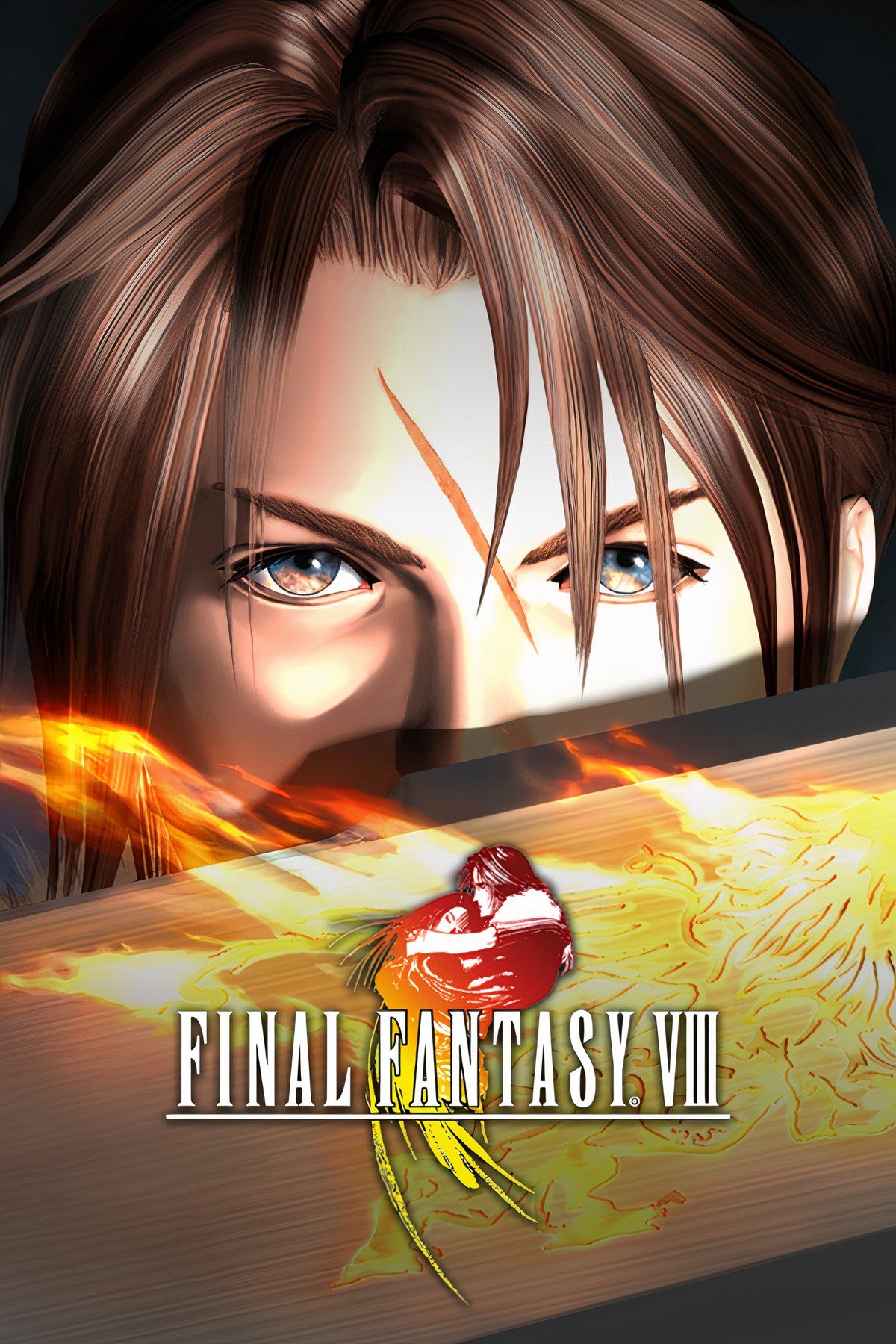
- Released
-
February 11, 1999
- OpenCritic Rating
-
Strong
“It…was…fun…you…guys…La…guna…Ki…ros…It…was…fun…”
With as rich a history of varied settings and themes as Final Fantasy has, it is seemingly no surprise that many of the franchise’s companion characters have garnered similar — or even greater — adoration from fans as the series’ protagonists. This acclaim is so great that “even those who join the party for a short time often leave a strong impression” — as arguably is the case for Final Fantasy 8‘s ultimately mute party member Ward.
During his final mission when in the ranks of the Galbadian Army, Ward’s strongman physique and strong-but-silent demeanor are taken to their logical extreme as he loses his voice as a result of his injuries. Although he does not succumb to his injuries, the fact that his last words before his vocal cords are irrevocably damaged are ‘it was fun,’ said to his comrades and friends, Kiros and Laguna, is fittingly short but sweet for the muscular soldier.
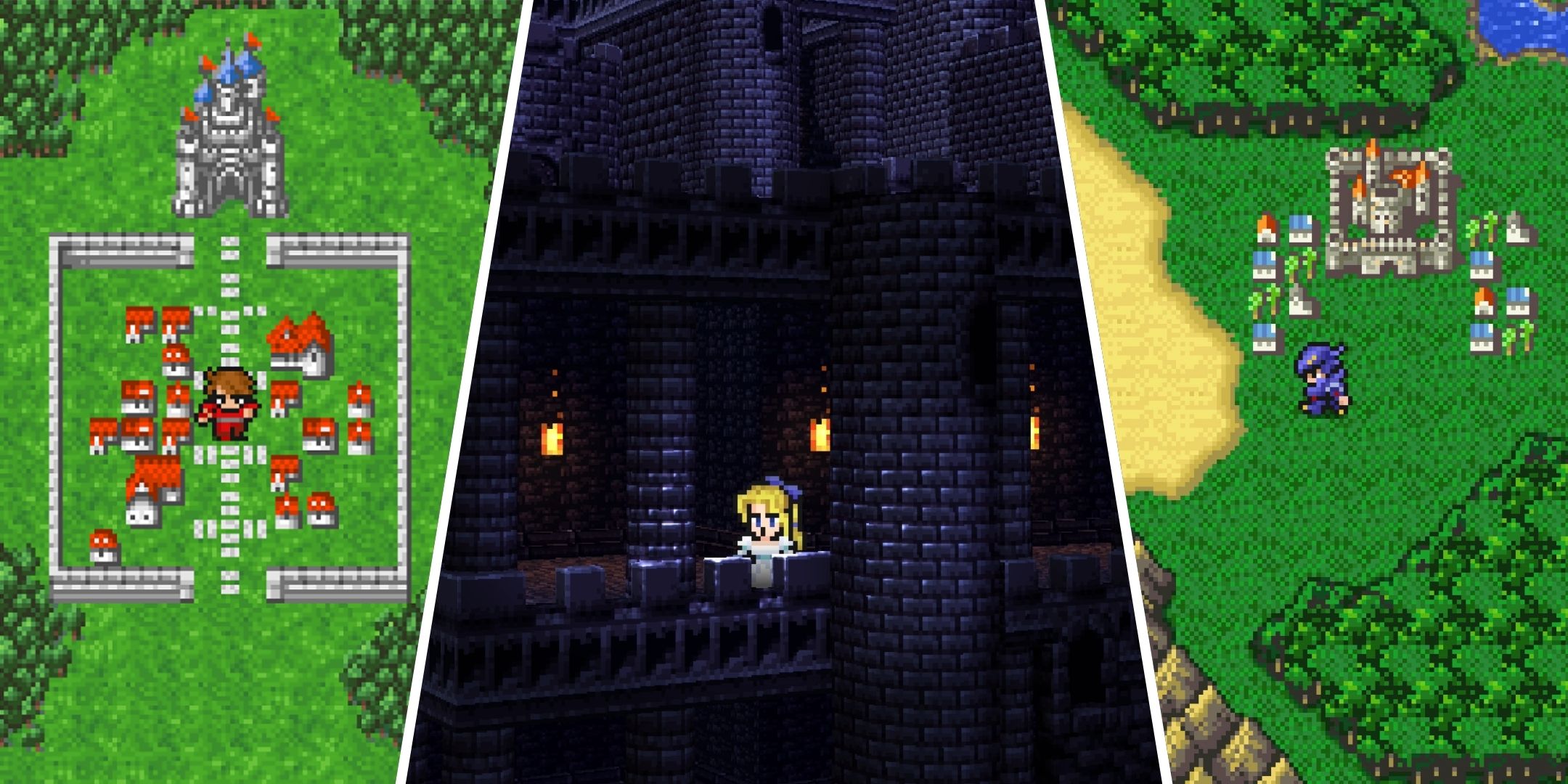
More
8 Best Pixel Art Final Fantasy Games, Ranked
Discover the best Final Fantasy games with pixel art visuals, combining classic JRPG stories and detailed retro graphics.







